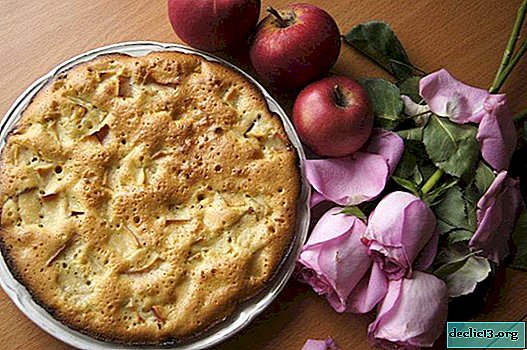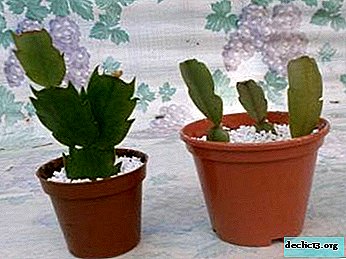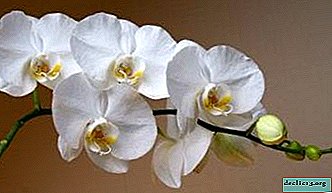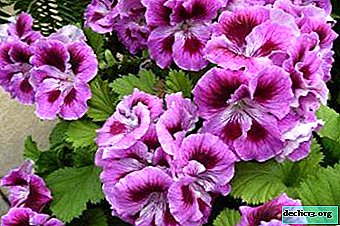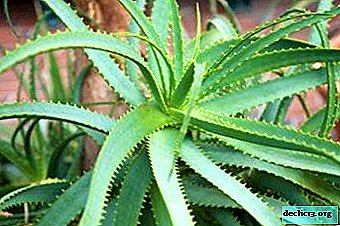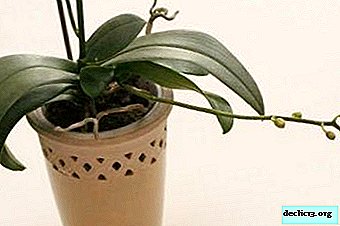The benefits and harms of lemon for young mothers. Can I use citrus while breastfeeding?

Lemon is the first remedy for the beginning signs of a cold, as a pregnant woman recalls. But is it possible to continue trying to saturate the body with vitamin C, using the usual method, when the baby is already born, and his feeding occurs naturally with the help of mother's milk? In this article we will talk in detail about the benefits and harms of lemon for young mothers.
Can I eat citrus while breastfeeding?
 Citrus fruits for our country are still exotic fruits, so they can often cause allergies. And if the mother’s body does not have such a reaction, this does not mean that the child will not have any reaction to this fruit.
Citrus fruits for our country are still exotic fruits, so they can often cause allergies. And if the mother’s body does not have such a reaction, this does not mean that the child will not have any reaction to this fruit.
Even the closest relatives may experience an allergic reaction to completely different foods or other items. But this does not mean that during lactation of a nursing mother, you need to adhere to a certain list of products.
If in doubt, consult a specialist and If the doctor does not see obstacles, then you can gradually introduce new products unusual for the baby.
Useful properties for mother and newborn
- Due to its high content of vitamin C, this citrus is a good helper for maintaining immunity.
- It is a prophylactic in the prevention of colds and flu.
- It has anti-inflammatory and antiseptic properties.
- Helps normalize bowel function.
- Combined with hot tea, it provides the breastfeeding mother with a rush of breast milk.
- Removes toxins from the body, toxins and other harmful substances.
- Its juice can be used to increase appetite.
But are all these properties good for the baby, and which of them are passed on to the baby along with the mother’s milk? In addition to beneficial properties, lemon also has harmful effects that can negatively affect the body. Experts recommend abandoning the use of this citrus in cases where there are problems with:
- the stomach;
- the liver;
- throat.
Since lemon juice damages the mucous membrane and can cause burns. But these contraindications for the most part relate specifically to the mother. For a child, harm can only consist in the manifestation of an allergy to an unknown product.
Chemical composition
Each part of the lemon has its own beneficial vitamins:

- The pulp is used to make citric acid, and juice with a rich content of vitamin C is also obtained from it.
- The peel contains vitamin R.
- Sugars and various groups of vitamins A, B1, B2 were found in the fruits.
Lemon is an exotic fruit that contains:
- minerals (iron, zinc, magnesium, calcium);
- natural plant antioxidants;
- vitamins: A, B, C, E, R.
All together gives an undeniable advantage in providing the body with nutrients for both a nursing mother and a baby.
Possible harm
A newly minted mother can try to eat lemon when the child turns a month old.When breastfeeding, this fruit should be introduced gradually, in a small amount, observing the child's reaction to this product.
Contraindications
If the baby has a rash or begins to feel uncomfortable, then this fruit should be completely excluded from the diet of a nursing mother. If the child does not have visible changes, and he behaves as usual, then you can safely start drinking tea with lemon.
Limitations
However, they should not be abused, since an allergic reaction in a baby can occur after a few days. Also worth remembering if parents have a food allergy to citrus fruits, including lemon, then you should abandon this product.
When and how to enter the diet?
Adding lemon to a children's diet helps to normalize digestion, get rid of constipation, freshens and disinfects the oral cavity, has a positive effect on the body's immune system and has an anthelmintic.
Mode of application
 Doctors do not recommend giving this fruit for self-nutrition earlier than the child is six months old due to the presence of fruit acid. Before introducing lemon into complementary foods, be sure to consult a pediatrician.
Doctors do not recommend giving this fruit for self-nutrition earlier than the child is six months old due to the presence of fruit acid. Before introducing lemon into complementary foods, be sure to consult a pediatrician.
Specialists call the optimal time, for the start of lemon-feeding, the age is eight to ten months. At this time, the child can already distinguish the taste of the food offered. If the baby is prone to allergies, then this fruit should be introduced into the diet of the child after he reaches three to five years.
Specialists attribute the introduction of this product not to puree it, but to cut it into small pieces. You can also begin to try the lemon of its juice, after diluting it with boiled water and adding a small amount of sugar.
Add sugar to lemon juice to neutralize acidso as not to harm the delicate baby’s stomach. The reaction of the baby's body to a new product needs to be monitored for three days.
If there is no allergy or upset stomach, then the child’s body absorbs this fruit. And that means that you can safely give your child not only lemon juice, but also feed the baby with small pieces of lemon.
Pediatricians do not recommend giving children lemon daily, as eating excess citric acid can be harmful to the baby’s digestive system.After the baby turns one year old, then lemon can be used as a folk remedy for the treatment and prevention of certain diseases:
- From mouth sores: you need to chew 1-2 small slices of lemon.
- Against diarrhea: dilute 1 tablespoon of lemon in a glass of water and drink the baby in small portions to restore the body's water-salt balance.
- With angina: Dilute 1-2 tablespoons of lemon juice in a glass of water and add a spoonful of honey.
- From vomiting: Gagging can be removed by mixing half a teaspoon of lemon juice with a teaspoon of natural honey.
What other citrus fruits are useful for hepatitis B?
Also, do not completely abandon other citrus fruits. If the baby does not have any reaction to the lemon, then the mother can gradually introduce other fruits: oranges and tangerines.
When introducing any unfamiliar product into a child’s nutrition, the main rule applies - do not overdo it and do not start to consume excessive amounts of citrus. You need to carefully listen to your body and the body of the child, introduce new elements gradually, and then even the most “dangerous” and “heavy” products will not seem to be such.

